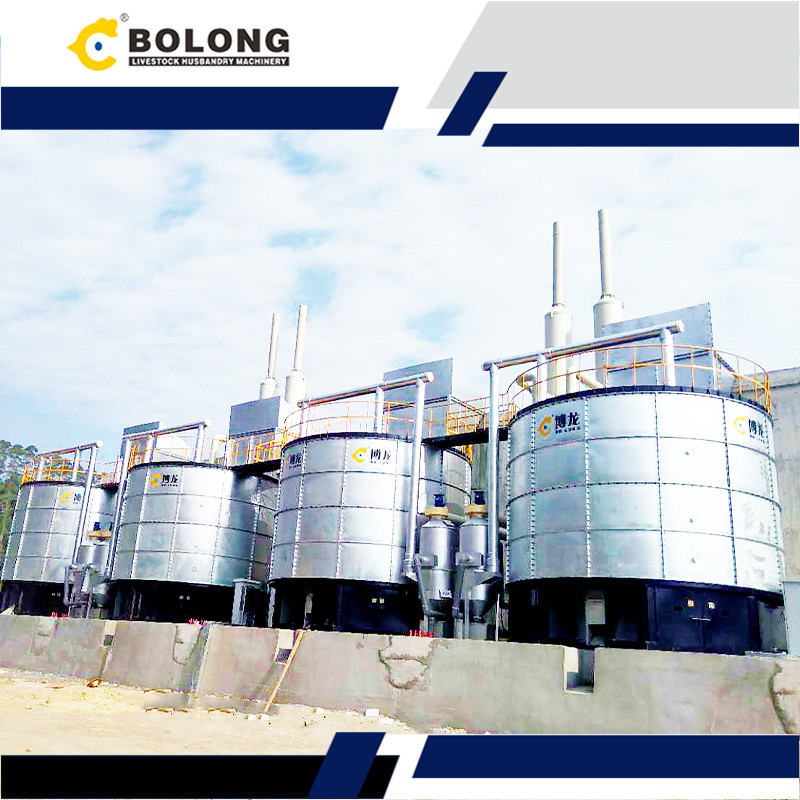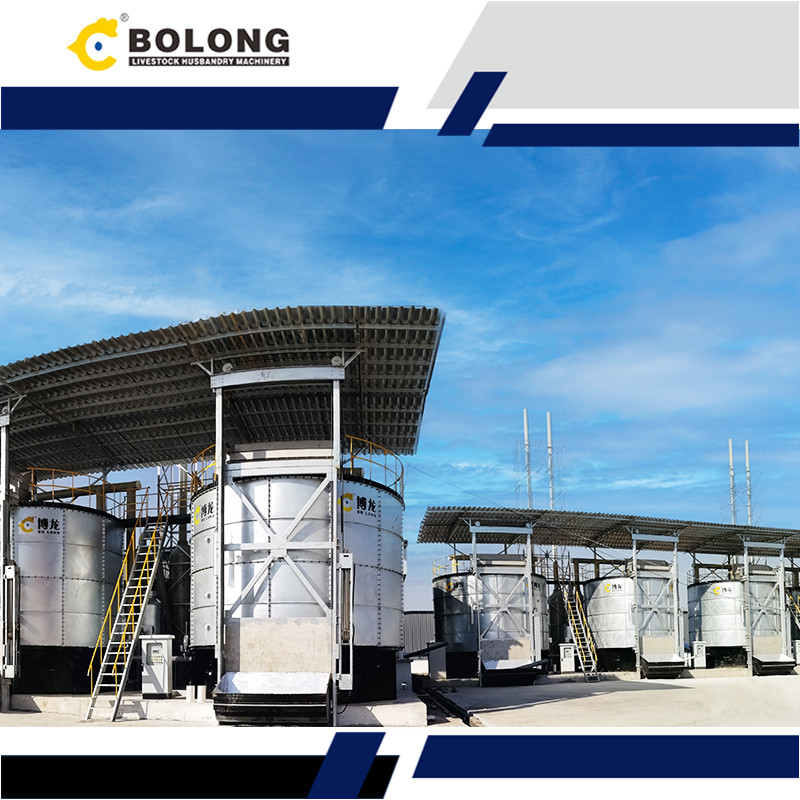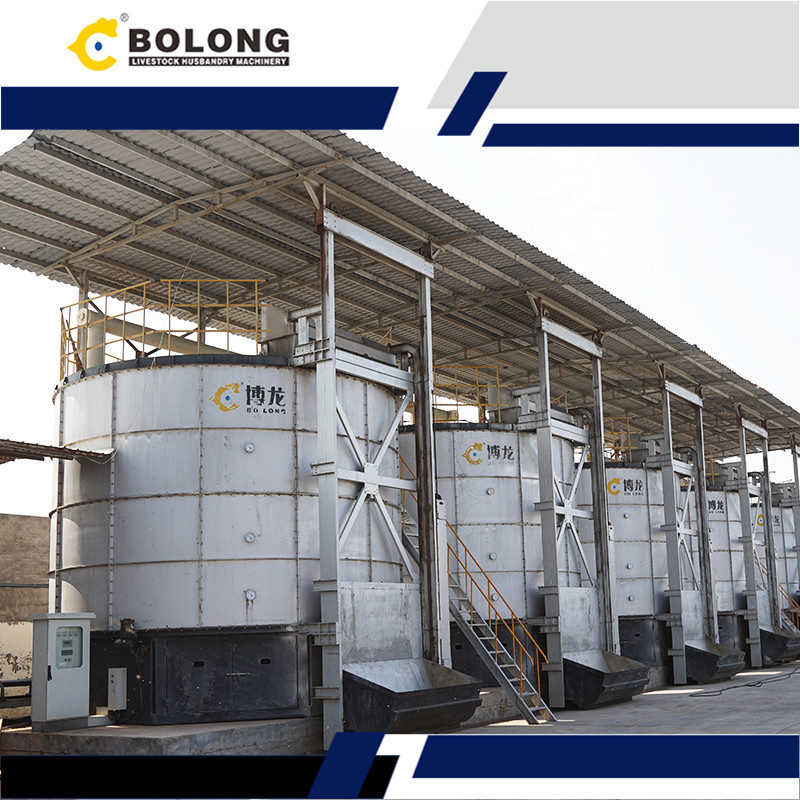Introduction
Livestock fermentation tanks are increasingly being used in the production of organic fertilizers. This article explores how these tanks contribute to the efficient conversion of livestock waste into high-quality organic fertilizer.
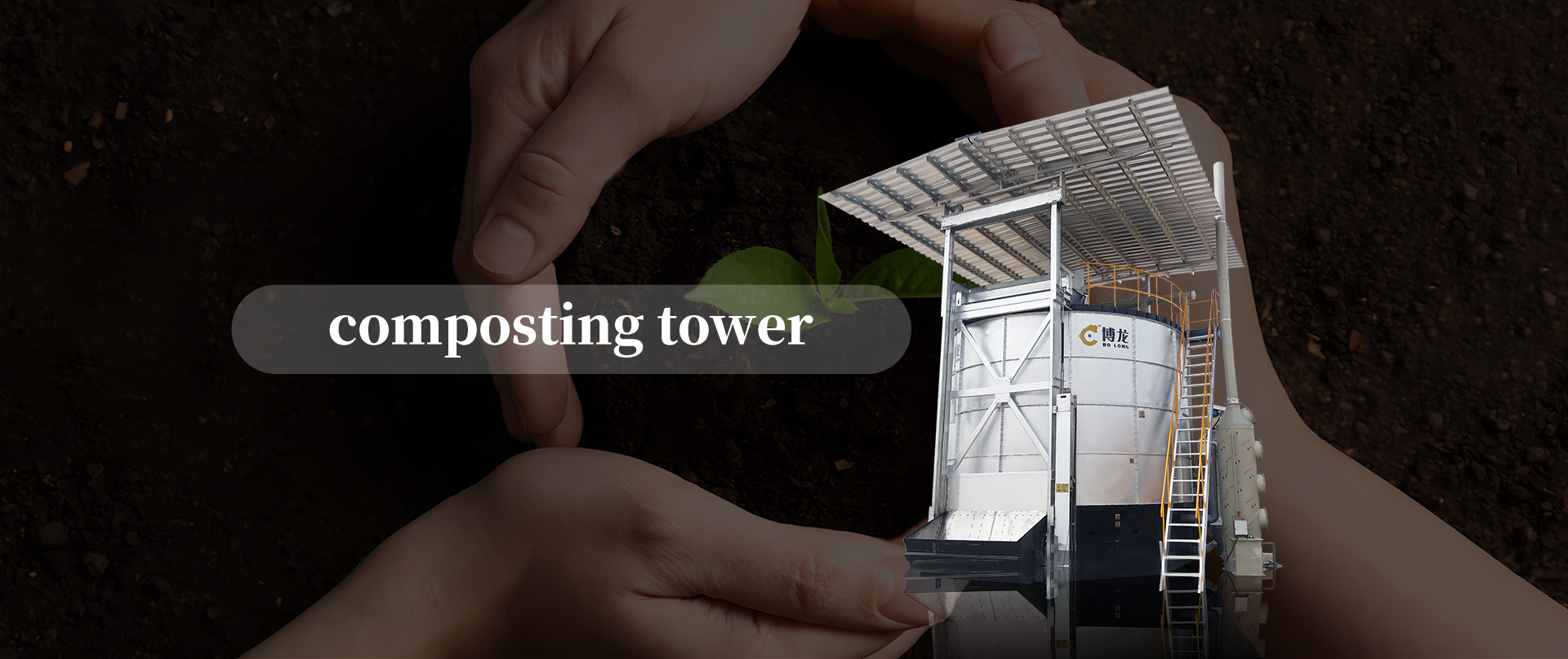
Process of Organic Fertilizer Production
Livestock waste is collected and transported to the fermentation tank. This waste includes manure, urine, and other organic materials.
The waste is pre-treated to remove large debris and homogenize the material. This ensures a consistent input for the fermentation process.
The homogenized waste is introduced into the fermentation tank, where it undergoes aerobic decomposition. Microorganisms break down the organic matter, transforming it into nutrient-rich compost.
After fermentation, the compost is left to mature, allowing microbial activity to stabilize and the compost to fully develop its nutrient profile.
The mature compost is screened to remove any remaining impurities and packaged for distribution and use as organic fertilizer.
Benefits of Using Fermentation Tanks for Fertilizer Production
Fermentation tanks are designed to retain essential nutrients such as nitrogen, phosphorus, and potassium, which are vital for plant growth.
The controlled fermentation process effectively reduces pathogens, ensuring the safety and quality of the organic fertilizer.
Fermentation tanks significantly reduce odors associated with livestock waste, making the production process more pleasant and environmentally friendly.
The use of fermentation tanks maximizes the conversion of waste into valuable fertilizer, reducing waste disposal costs and enhancing resource efficiency.
Case Study: A Poultry Farm’s Organic Fertilizer Production
A poultry farm installed a high-capacity fermentation tank to handle the large volume of manure produced daily.
The farm utilized specific microbial inoculants to enhance the fermentation process, resulting in high-quality compost.
The compost produced was rich in nutrients and free from pathogens, making it an excellent organic fertilizer for the farm’s crops.
The farm not only saved on waste disposal costs but also generated additional revenue by selling the surplus fertilizer to neighboring farms.
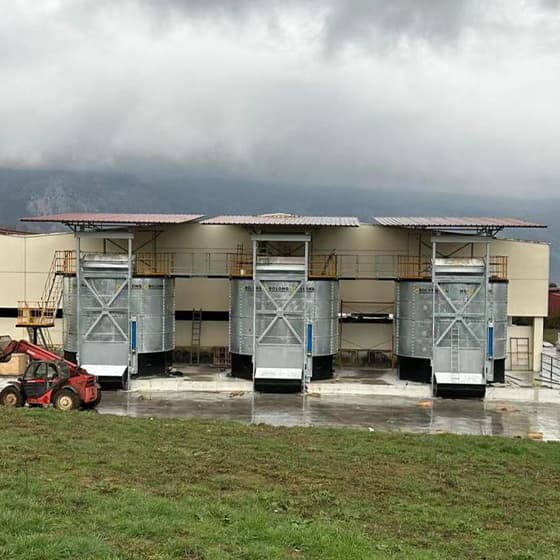
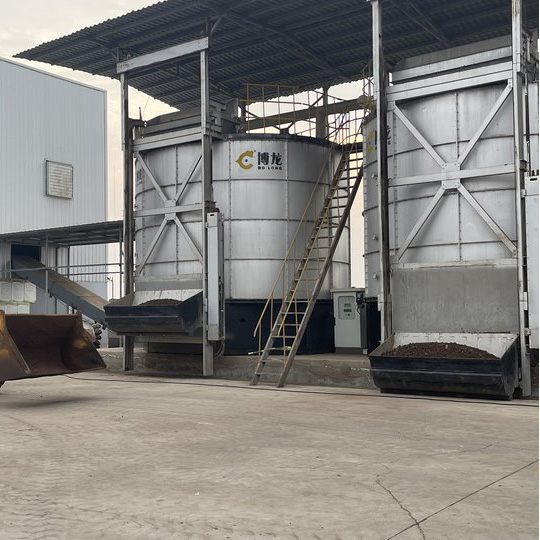
Conclusion
Livestock fermentation tanks play a crucial role in the production of organic fertilizers. They offer numerous benefits, including nutrient retention, pathogen reduction, odor control, and resource efficiency. By adopting fermentation tanks, farms can effectively convert livestock waste into valuable organic fertilizers, enhancing soil health and contributing to sustainable farming practices.
